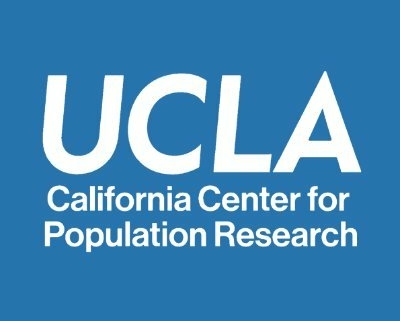
Title: Strangers in the Homeland? The Academic Performance of Children of Return Migrants in Mexico
Abstract: The number of return migrants from the U.S. to Mexico has swelled in recent years, and yet we know little about the academic performance of the over 500,000 U.S.-born children who have accompanied them. This paper harnesses PISA test score data to compare U.S.-born children of return migrants in Mexico to two groups: Mexican-born students in Mexico, and students in the U.S. born to Spanish-speaking immigrant parents. Contrary to previous work highlighting the academic struggles faced by children of return migrants, these adolescents attain higher PISA scores than their Mexican-born counterparts. This advantage persists in models that control for both pre- and post-migration family characteristics. However, these adolescents’ scores are much lower than similar youths in the U.S., and controlling for variables related to immigrant selection barely changes estimates of disparities. Furthermore, results vary little by possible moderators. Overall, these findings suggest that these often forcibly displaced adolescents quickly assimilate to the relatively low educational standards of Mexican schools, highlighting the importance of institutional factors in the assimilation process.
Title: When and For Whom is College “Worth” It? The Direct and Indirect Effects of Less-Selective College Enrollment on Economic Insecurity
Abstract: As high-quality jobs and socioeconomic stability for less-educated workers have diminished, college is seen as the surest way to avoid negative socioeconomic outcomes. However, institutional differences suggest that the receipt of these economic benefits may depend not only on whether an individual enrolls in school but also where. In this study, I use data from the NLSY97 to assess how enrollment in a broad access institution – either a less-selective four-year college or a community college – affects low wage work and unemployment. I further assess the mediating pathway of degree attainment, and explore heterogeneity by socioeconomic background. Findings indicate that community college enrollment reduces low-wage work and unemployment relative to no college, and that less-selective four-year college rather than community college enrollment reduces low wage work. Yet, less-selective four-year college enrollment rather than more-selective four-year college enrollment does not appear to increase low wage work or unemployment. In addition, degree attainment appears to substantially mediate the effects of broad-access enrollment on low wage work. Finally, although I find some suggestive evidence of heterogeneity by socioeconomic background in the direct effects of community college and less-selective four-year college enrollment on low-wage work, the results are imprecise and no clear pattern emerges.



